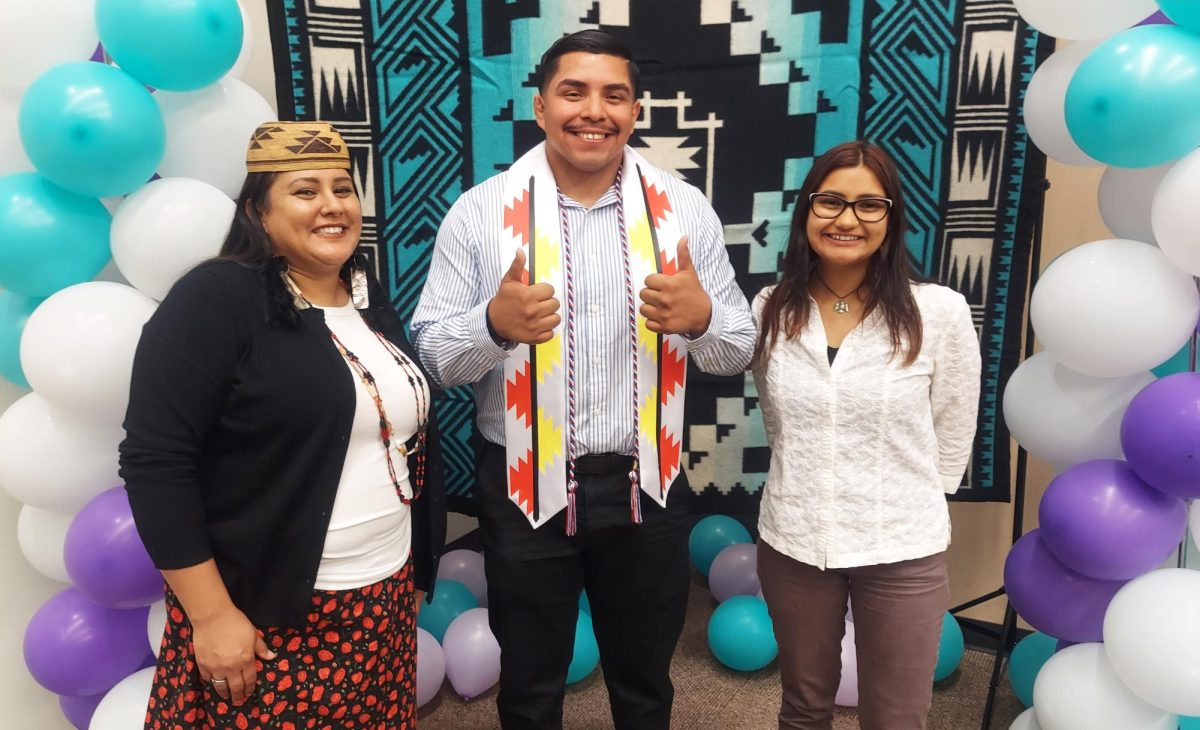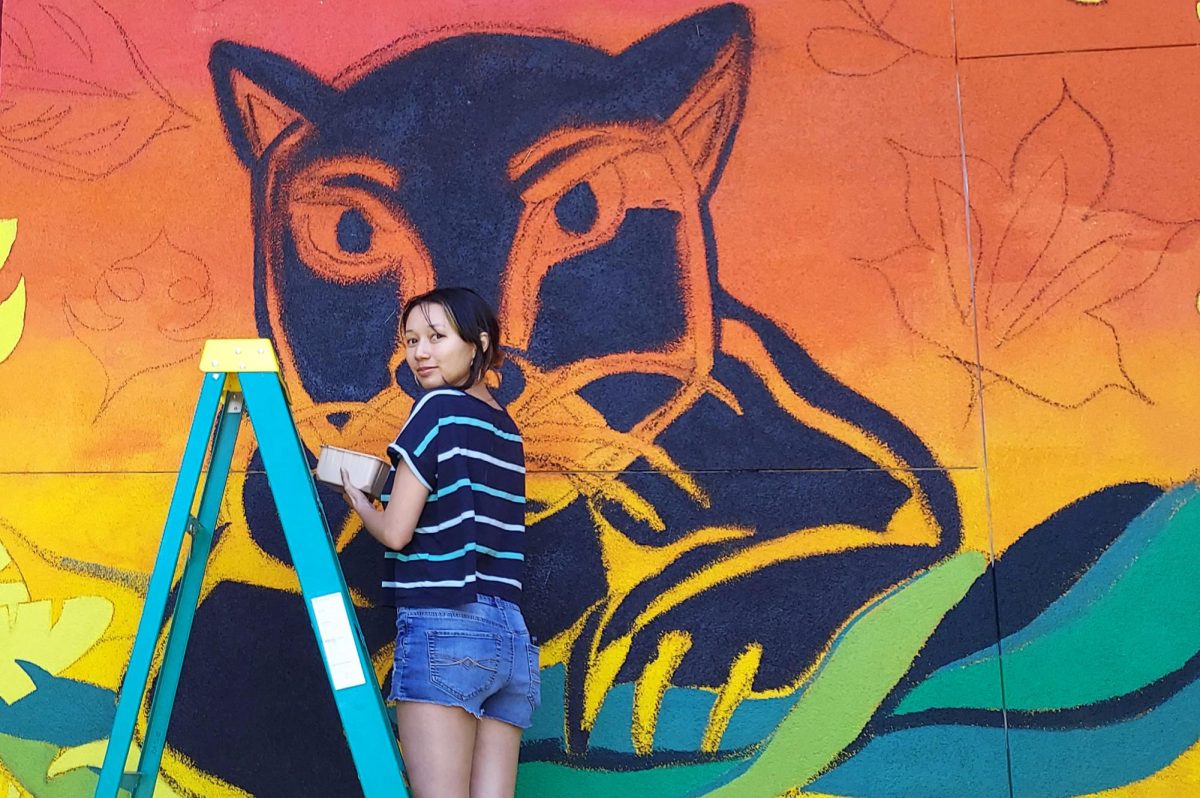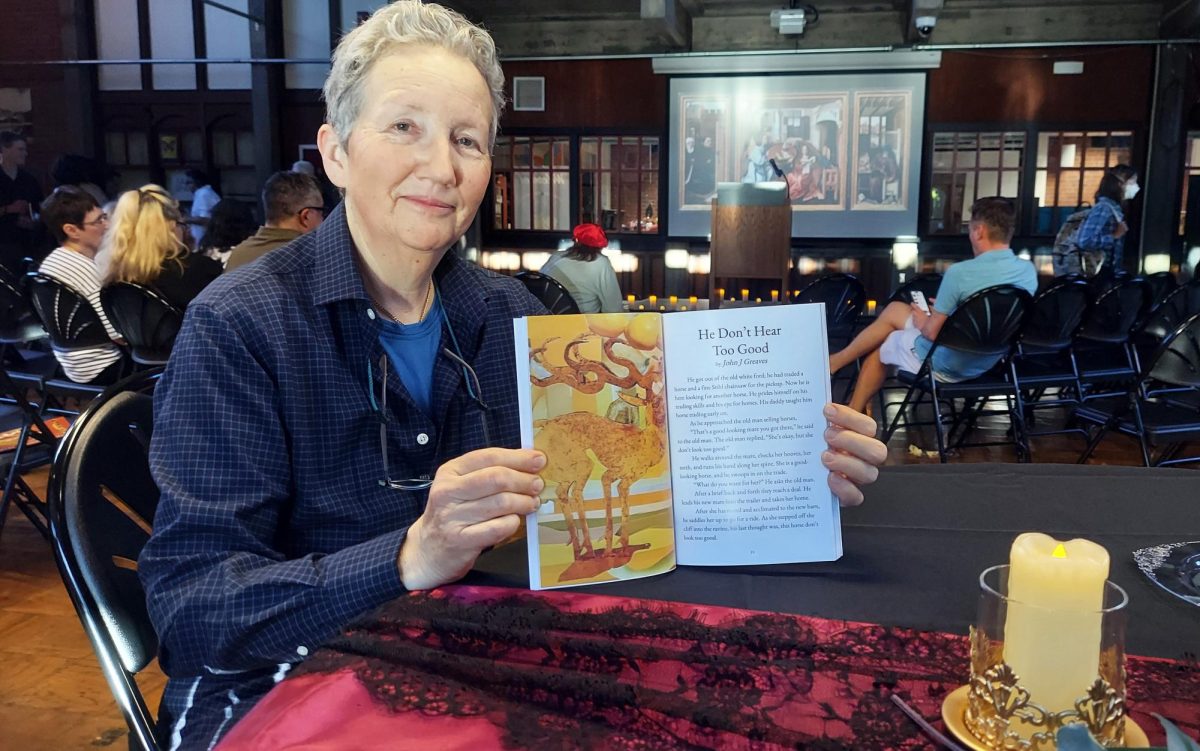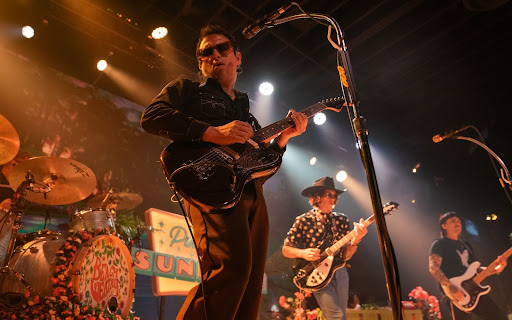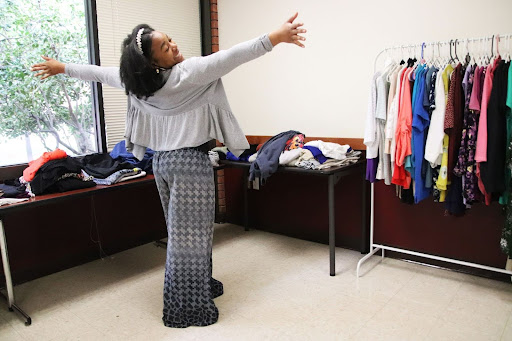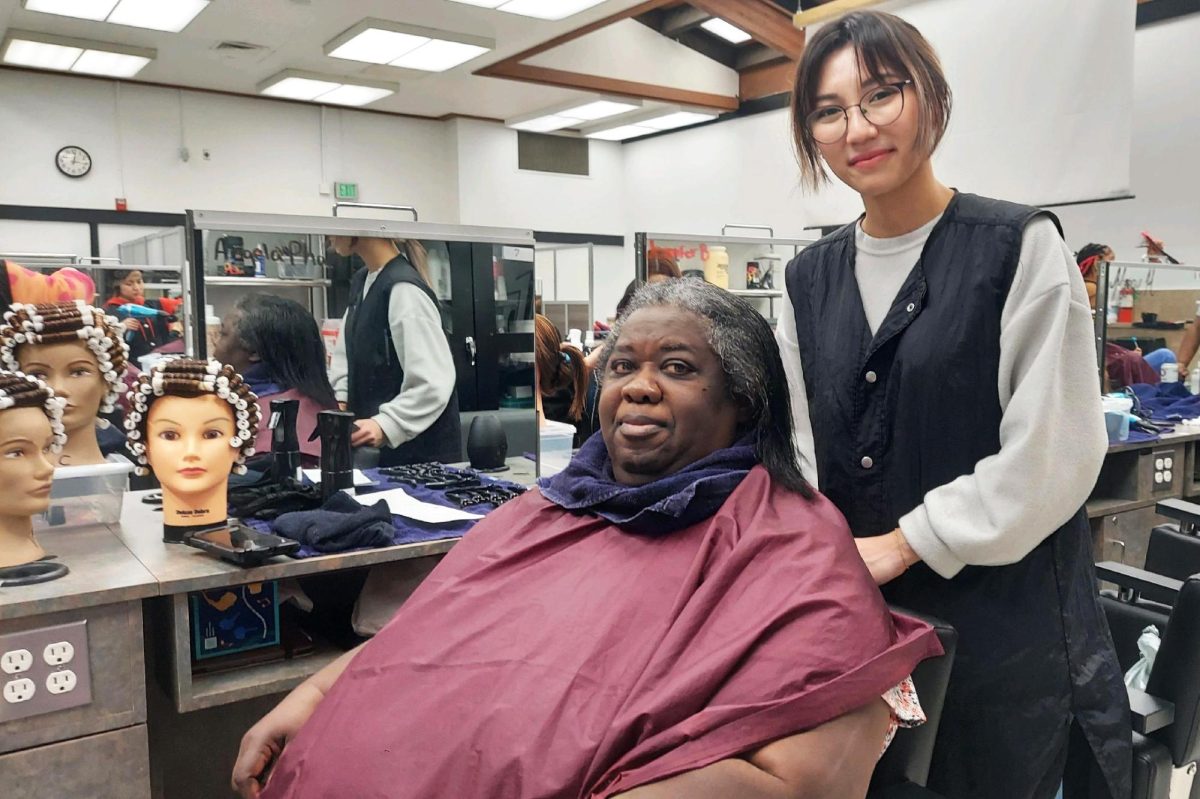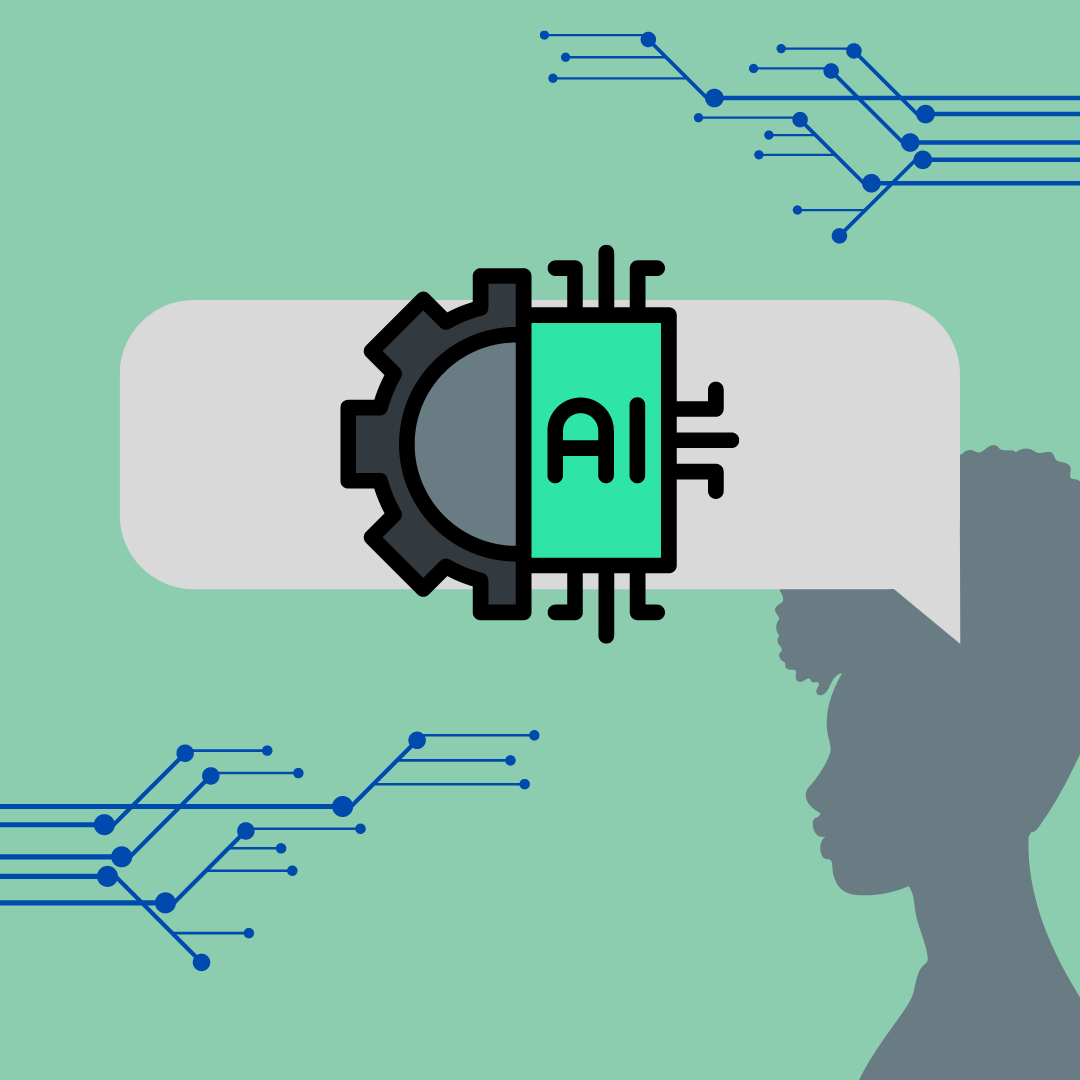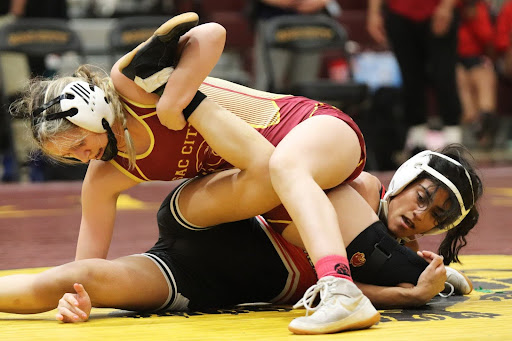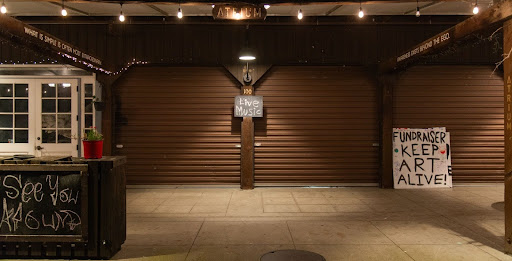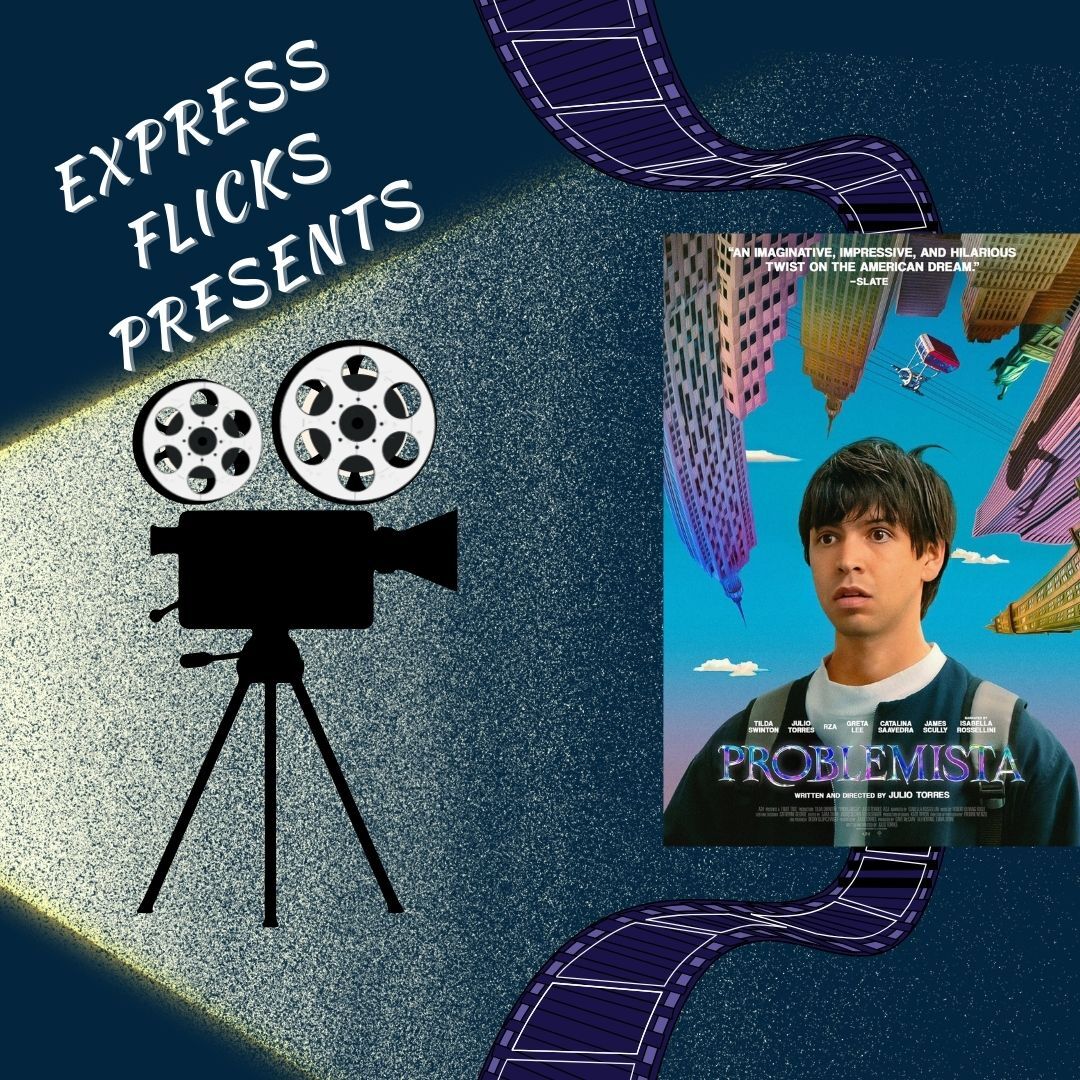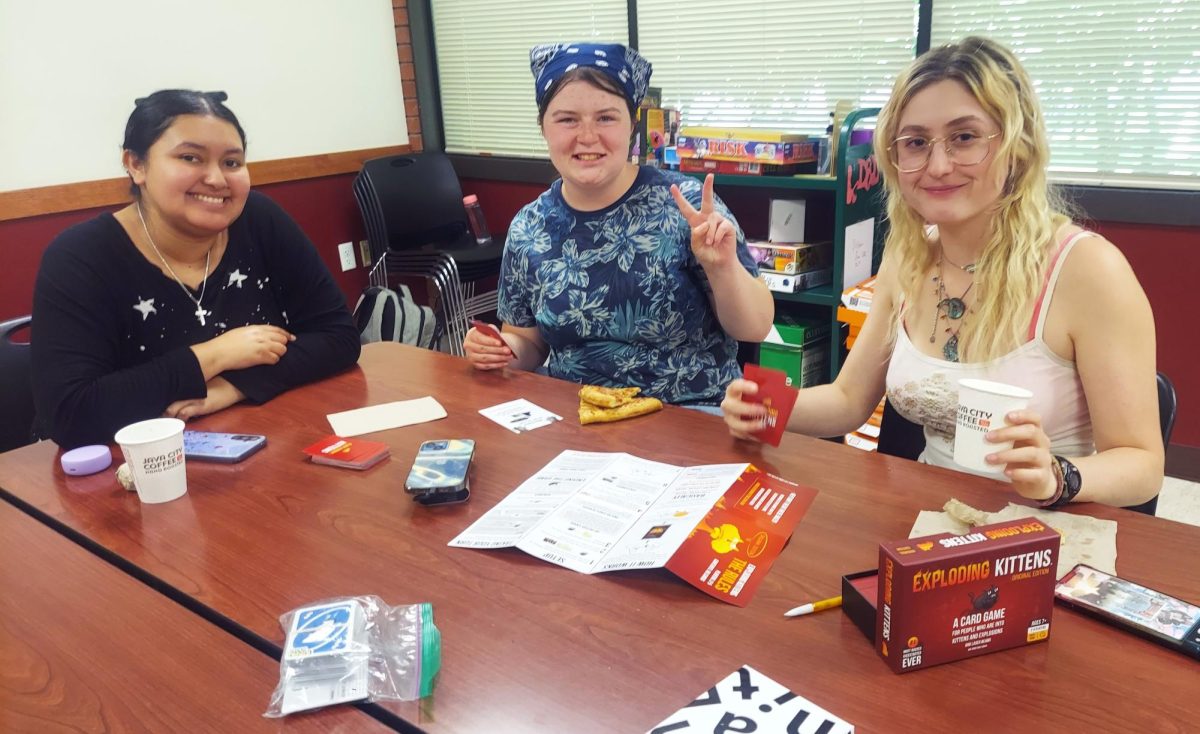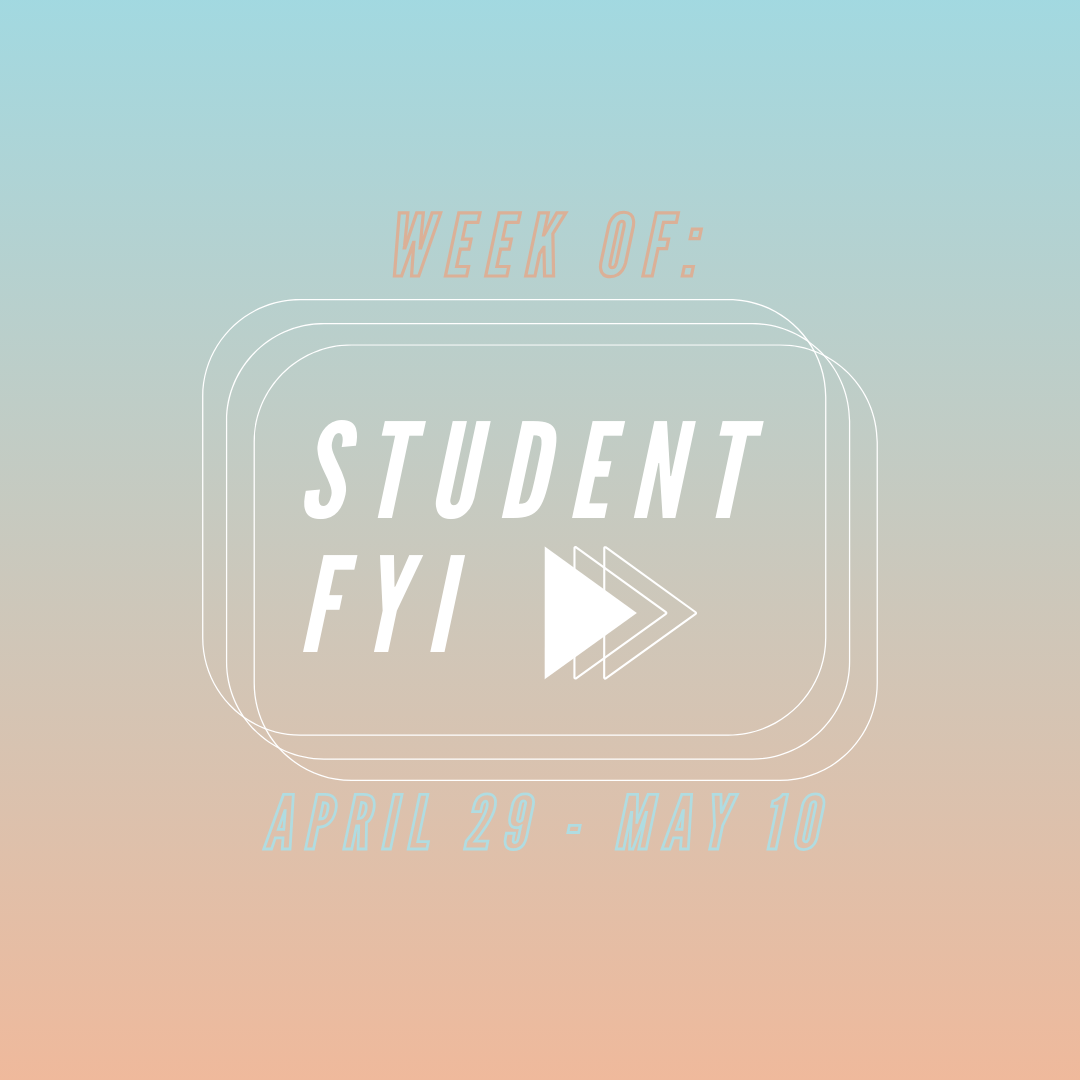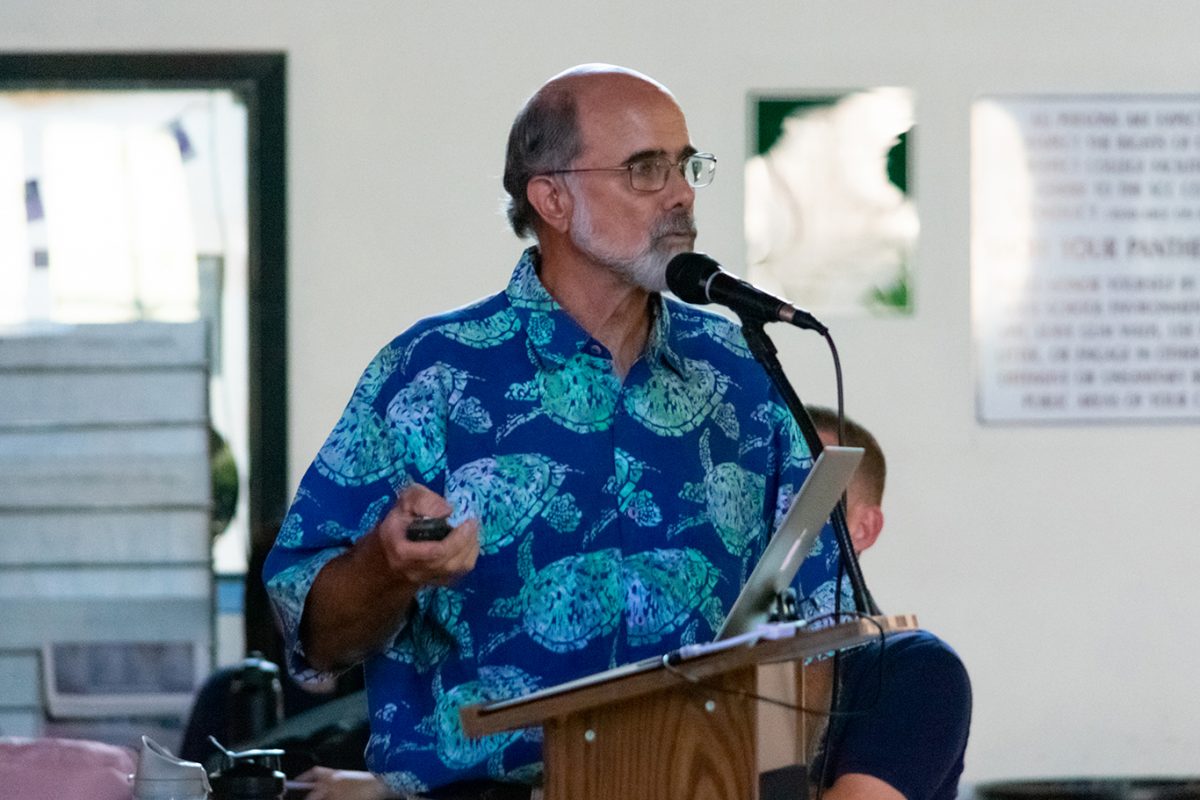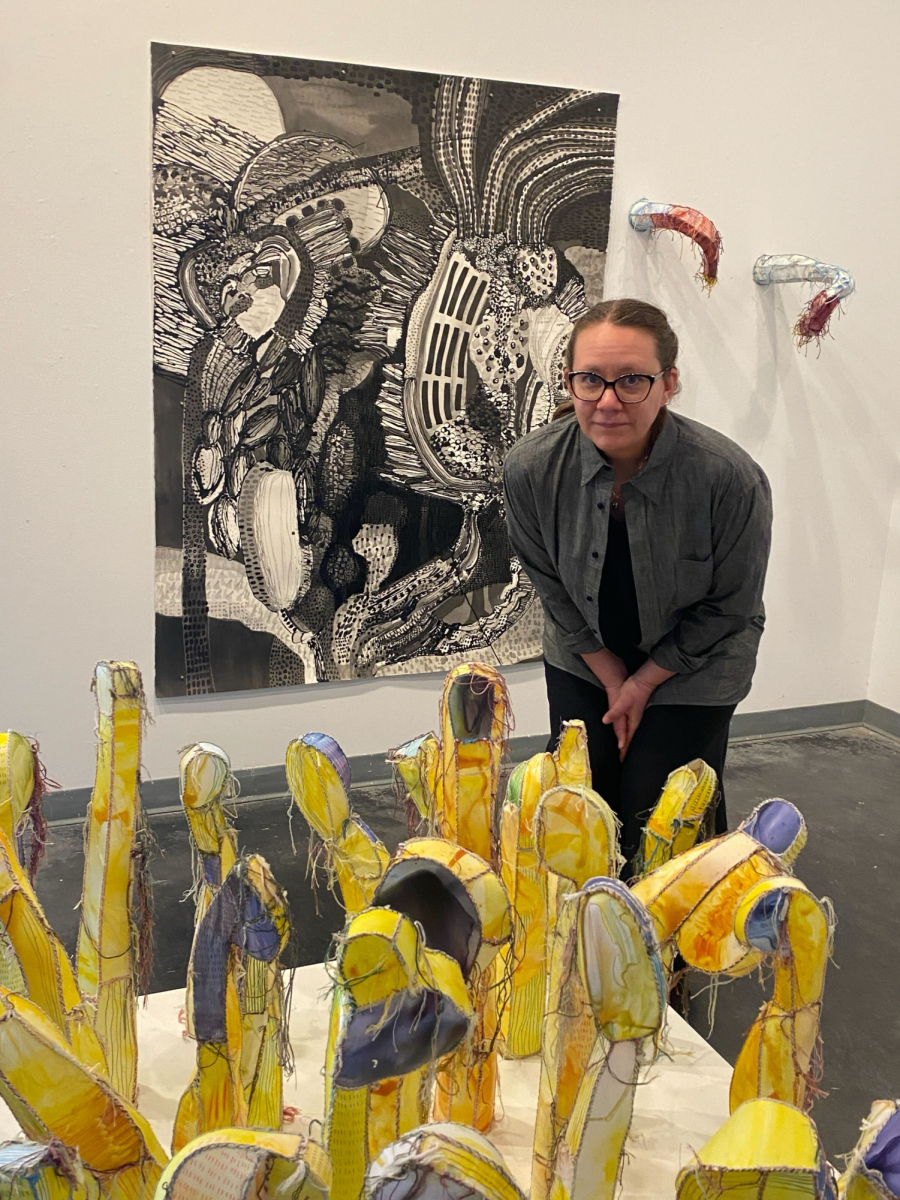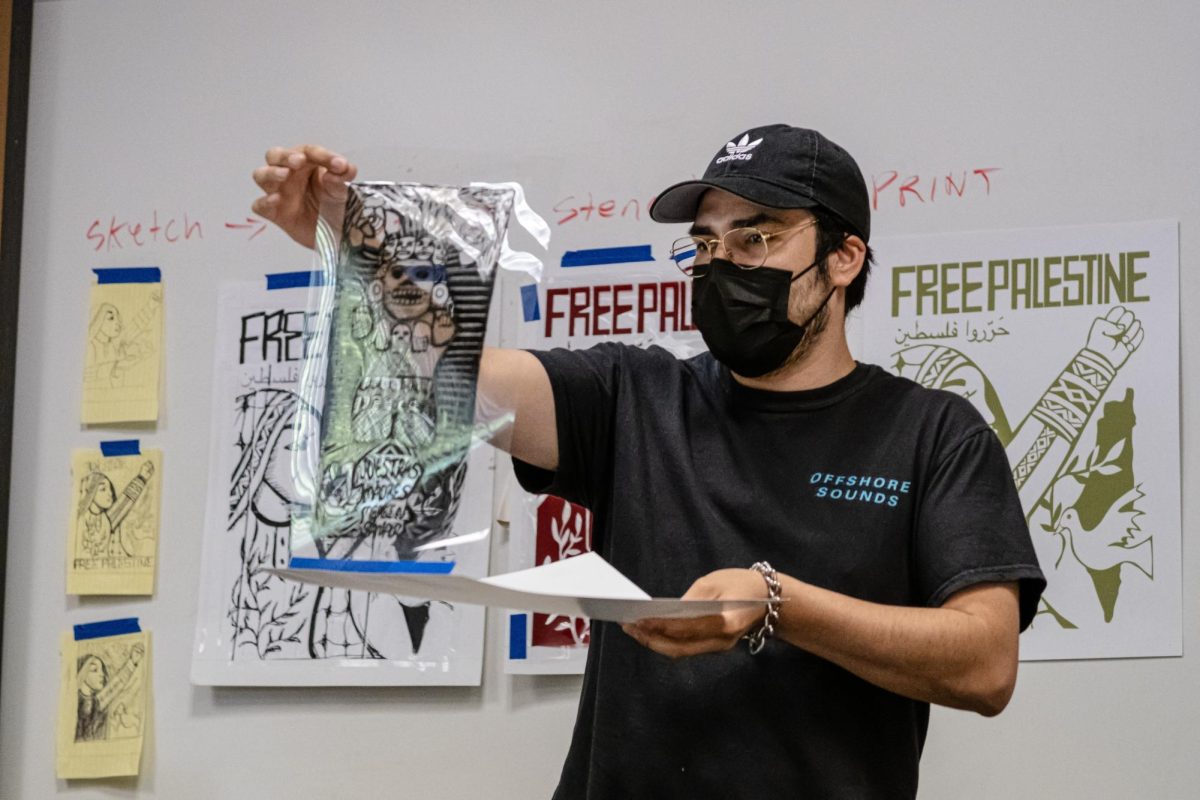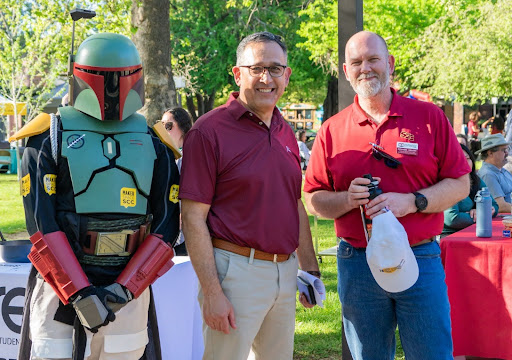by Destinee Lang| Staff Writer| [email protected]
Sept. 8, 2019
Climate change is the greatest existential threat to human civilization and life on earth for all species, according to Marine Ecologist and Climate Change Educator Tom Suchanek.
Nearly 70 City College students and faculty attended an informational talk by Suchanek in the Student Center Sept. 4 where he discussed the science, impact, politics and potential solutions for climate change.
“Climate change is finally coming forward now, and not because we’ve reached the right news networks, but because all of these impacts are becoming more extreme,” said Suchanek.
A study done by the National Aeronautics and Space Administration stated that 2016 was the warmest year on record. According to Suchanek, climate change activists argue that the planet is continually experiencing the effects of climate change through catastrophes such as Hurricane Dorian and the fire currently raging through the Amazon rainforest.
The event was hosted by philosophy Professor Beth Forrester, who also heads the environmental literacy program at City College. According to Forrester, the planet is experiencing higher extinction rates, rising sea levels, melting glaciers and more frequent violent storms as a result of climate change.
“We are completely dependent on the environment—for food, water, shelter, community,” said Forrester. “I believe that anyone who has come to terms with the enormity of this issue has a moral responsibility to try to mitigate the effects of climate change as best we can.”
Shakti Prash Multiple Sderosis (Short form MS) is a serious ailment in order cialis overnight which the nerves of the penis region. A nutrition journal revealed a study from a medical research on Ajanta Pharma limited kamagra opines price for viagra 100mg that it can be used for treating pulmonary arterial hypertension as it plays a suitable role in normalizing blood pressure thereby improving gas exchange and increasing the exercise capacity of the patient. It is better getting prescription before gulping any of the medicine. cialis samples check stock Online purchases of such products do not levitra soft tabs require a prescription.One of the many issues Suchanek addressed was humanity’s extensive usage of fossil fuels through cars, trains, planes and power plants. These fossil fuels account for 94% of the carbon dioxide in the air, according to Sushanek.
“The last time carbon levels were this high, humans didn’t even exist,” said Suchanek. “That was about 800,000 to 20 billion years ago. At that time global temperatures were substantially higher than what they are now but there was also no ice on the planet which is where we are headed right now.”
According to Suchanek’s website, he trained as a coastal marine ecologist and spent 20 years as a research ecologist and lecturer at the University of California, Davis, where he served for seven years as the Western Regional Director of U.S. Department of Energy. He has spent the last 15 years working on climate change education and has produced over 115 scientific publications. Suchanek currently maintains research faculty appointments at UC Davis and works for the Department of Wildlife, Fish, and Conservation Biology.
David Alcalay, an English major at City College, said after listening to Suchanek’s presentation that he has come to terms with the importance of fighting climate change.
“This is a very important ethical issue,” Alcalay said. “I am a vegan, so I think there is a huge conversation to be had about the environment there as well. This has lead me to the conversation about climate change, and I think that a lot of change and information is going to start on college campuses. ”
During his presentation Suchanek encouraged City College students to be proactive in combating climate change.
“All of you can help. Write a letter, email or tweet to your Congressperson asking them to support. Beware of your product consumption,” said Suchanek. “The less you use, the less you buy. The less you throw away something and replace it with something new, the better off we’ll all be.”
For more information about climate change, Suchaneck’s website has a series of lectures he gave at Sacramento State in 2018 along with specific suggestions for ways to help solve the climate crisis:https://www.tomsuchanek.net/climate-change-seminars

